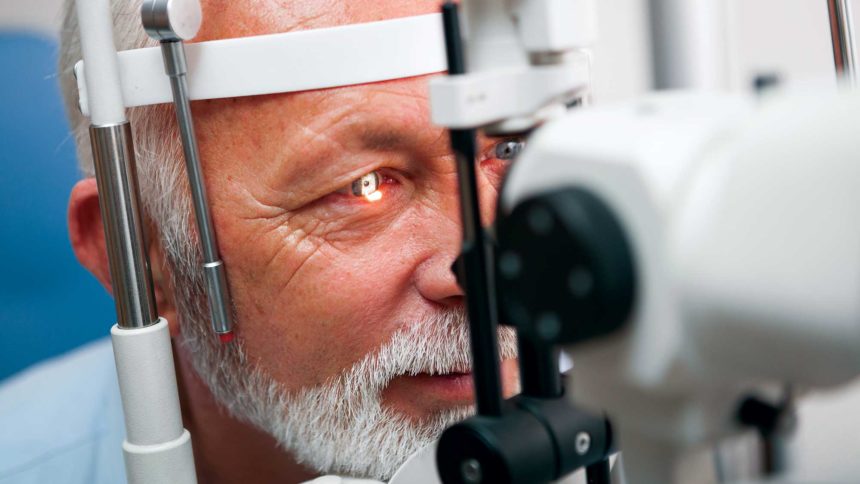
Unaddressed vision problems may skew the results of certain cognitive tests and lead to inaccurate diagnoses of mild cognitive impairment, Australian researchers say.
Up to 25% of people aged 50 and older with visual issues such as cataracts or age-related macular degeneration (AMD) may receive incorrect results, Ph.D. candidate Anne Macnamara, of the University of South Australia, reported.
AMD, for example, is known to be underdiagnosed in older adults, the researchers explained. An estimated 25% of eyes judged to be normal clinically have signs of AMD that don’t cause complete vision loss, yet the condition may impact the ability to read, drive, cook and even recognize faces.
If cognitive test-takers are not screened for vision loss, such problems could affect their scores, they cautioned clinicians.
“Such false attributions may have significant ramifications for diagnosis and research on cognitive functioning,” Macnamara and colleagues wrote in an article published Monday in the journal Scientific Reports.
“A mistaken score in cognitive tests could have devastating ramifications, leading to unnecessary changes to a person’s living, working, financial or social circumstances,” Macnamara added, in a statement.
An unnecessary burden
What’s more, an inaccurate cognition diagnosis is an unneeded burden on someone already experiencing physical and psychological issues due to vision loss, the authors said.
The study simulated AMD in participants with the use of special goggles previously tested for this purpose. Although the results may therefore not measure the real-life impact of AMD on cognitive test scores, “it is clear that not controlling for vision can adversely affect the results and can have broader implications for the health of visually impaired people,” they concluded.
Related articles:
Serious vision problems decline among U.S. seniors
FDA approves first-ever eye drop that corrects age-related vision loss
Vision loss tied to cognitive decline-related functional limitations among seniors



